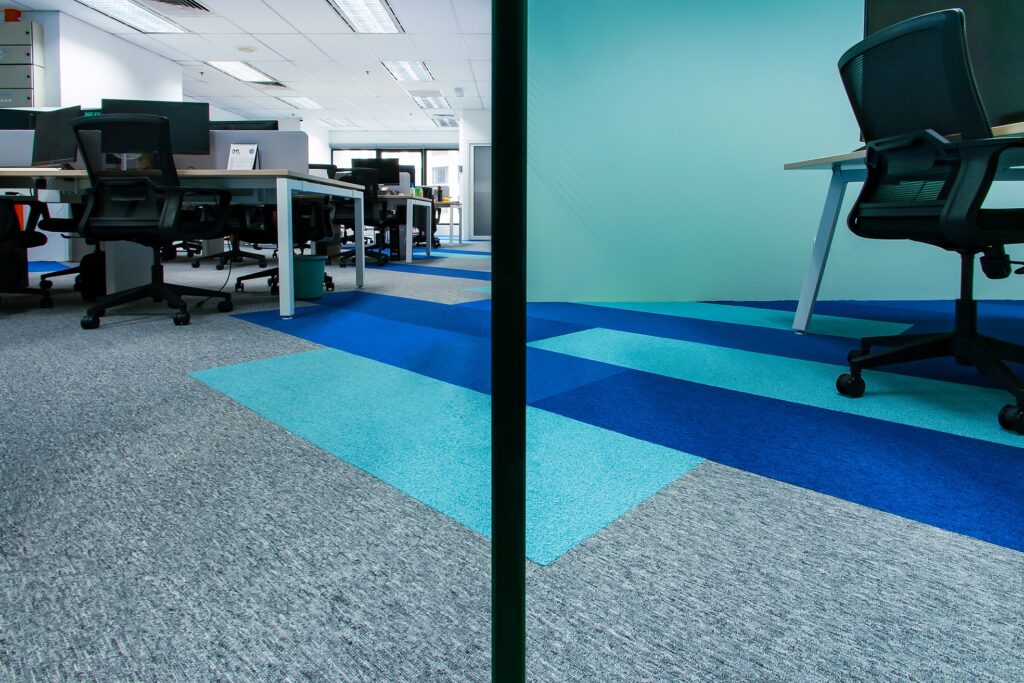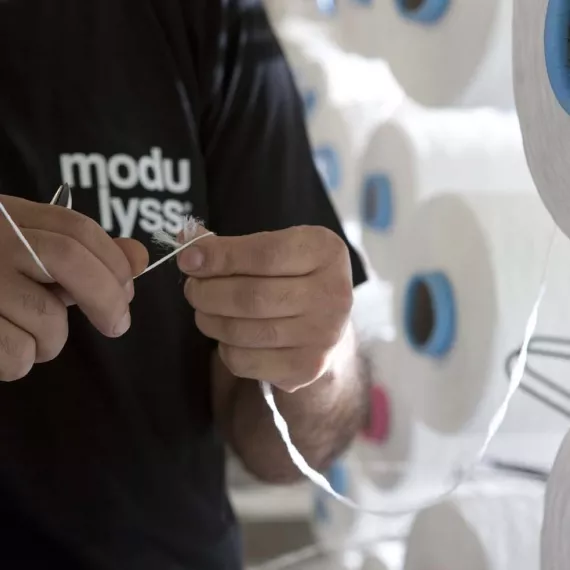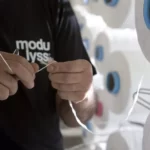
Vinyl flooring is a popular but ever-evolving concept. Given its popularity, the market constantly introduces new range of vinyl floorings. Among the two popular categories are stone plastic composite (SPC) and luxury vinyl tiles (LVT).
What is SPC and LVT?
SPC is essentially a mix of 50 to 60 percent ground stone, limestone to be specific, and 40 to 50 percent polyvinyl chloride (PVC) based resin. SPC floors are engineered to include several layers. It often mimics natural wood or stone element depending on the design chosen.
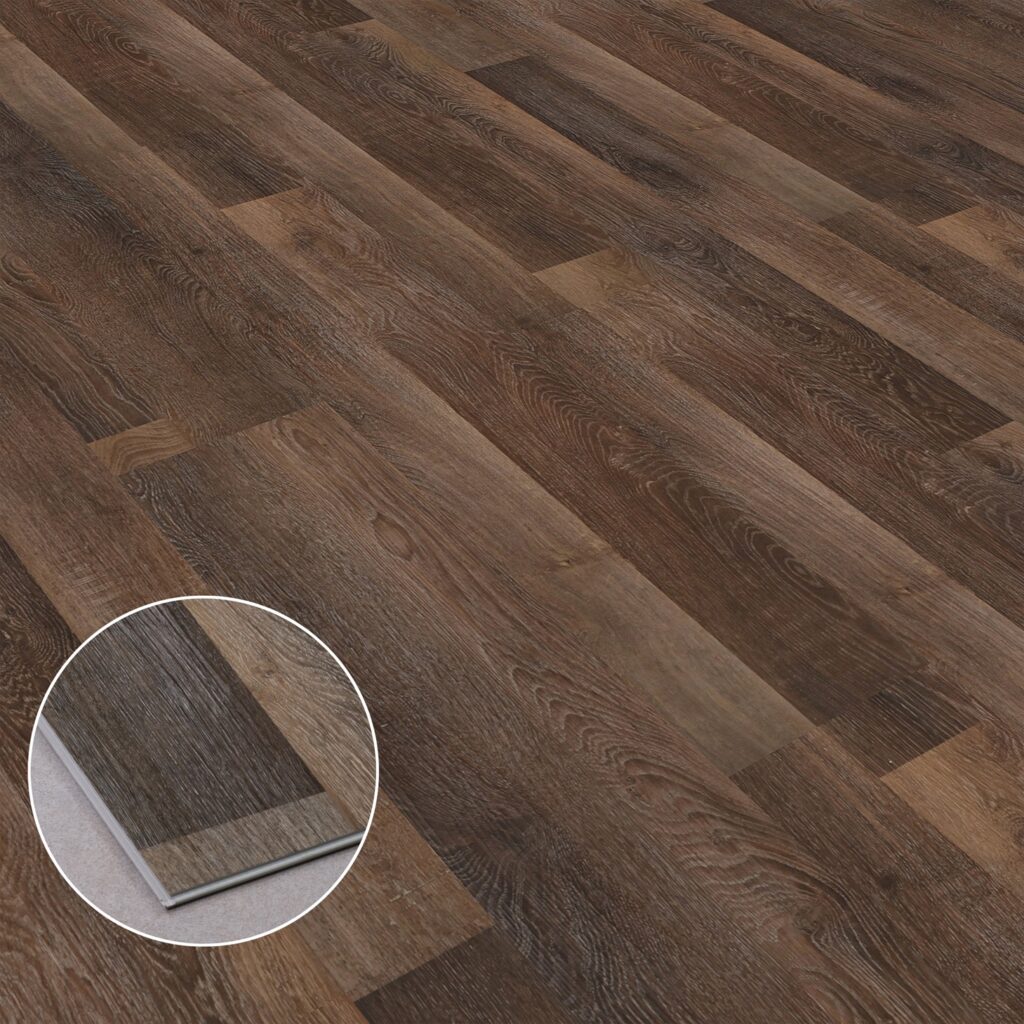
LVT on the other hand is a technological upgrade to traditional vinyl floors. Also involving several layers, this type of flooring involves a number of stabilizers to offer high quality performance. LVT can also be designed to imitate abstract or natural elements to suit your need.
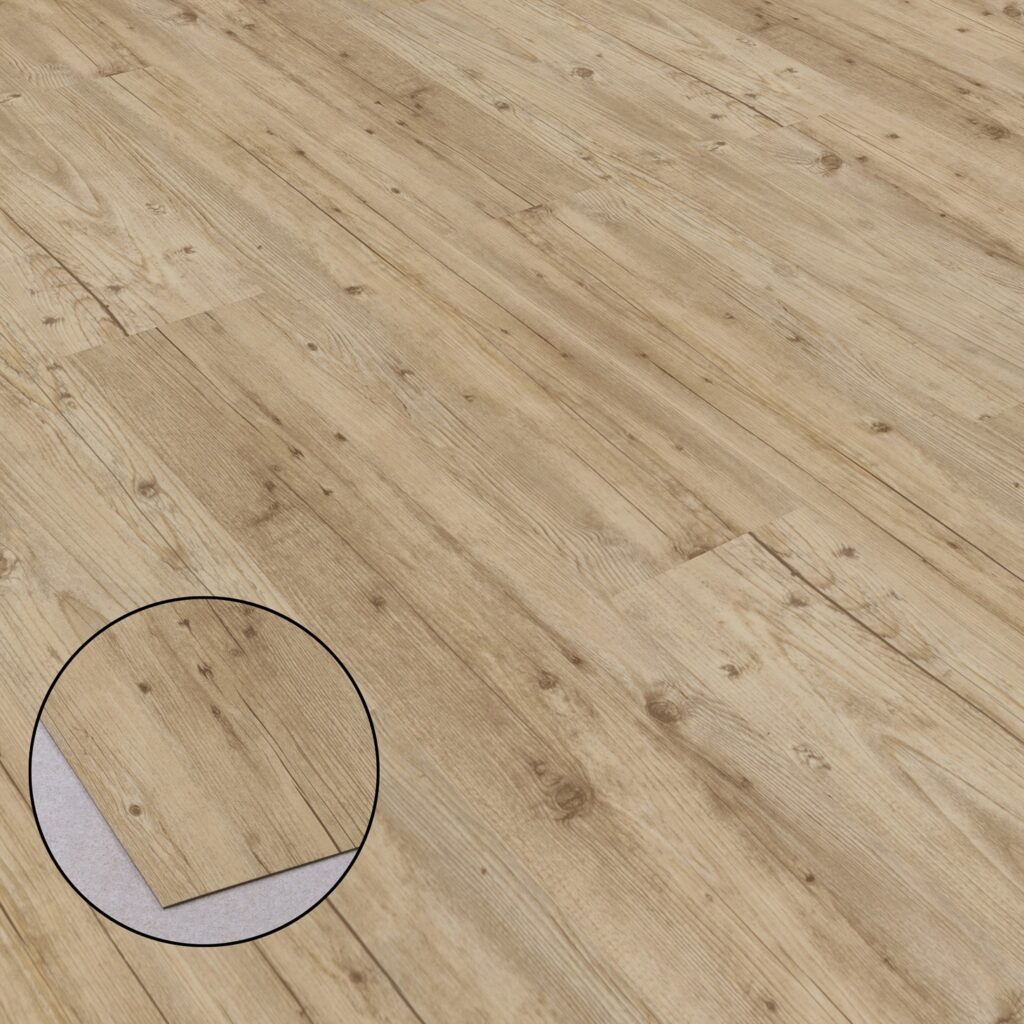
Both types of flooring offer unique benefits but there are specific aspects that you should consider when deciding if you would like SPC flooring or LVT flooring.
1. High-Traffic Durability
For spaces expecting or containing high traffic, SPC flooring would be more suitable. Despite considerably thin planks, SPC remain some of the sturdiest form of flooring in the market. Mostly due to its ability to resist high impact and maintain durability besides its rigid structure, a crucial component for areas with high traffic. LVT on the other hand is softer and more flexible which is not too suitable for areas with high traffic.
2. Enhanced Dimensional Stability
SPC prides itself in being 100 percent waterproof and more dimensionally stable as opposed to LVT. Which also makes it less prone to shrinkage. So, for areas with varying temperature, SPC would be the better option.
3. Moisture-guard Capability
While both LVT and SPC are waterproof, SPC is a better option where moisture is concern. Mainly because SPC installation involves the Click system, not adhesive therefore not affected by moisture. Adhesive when exposed to moisture deteriorates over time and loses grip over the flooring.
4. Resilient Towards Heavy Furniture
A major concern where heavy furniture is involved is that it may leave a dent on the floor. So, for commercial spaces seeking to place large number of heavy furniture, SPC is again the more resilient option. LVT is soft and flexible therefore prone to dents from heavy furniture. Where SPC is more rigid in nature and dent-resistant.
5. Green Credentials
Environmental friendliness is an important aspect, especially in the world we live today. In terms of environmentally friendly flooring, SPC takes the lead. SPC does not use adhesive. Furthermore, SPC contains lesser PVC in comparison to LVT

Keeping these factors in mind, the choice is obvious. However, if you remain unsure on the type of flooring to choose for your space, contact Abitare for quality recommendations.

